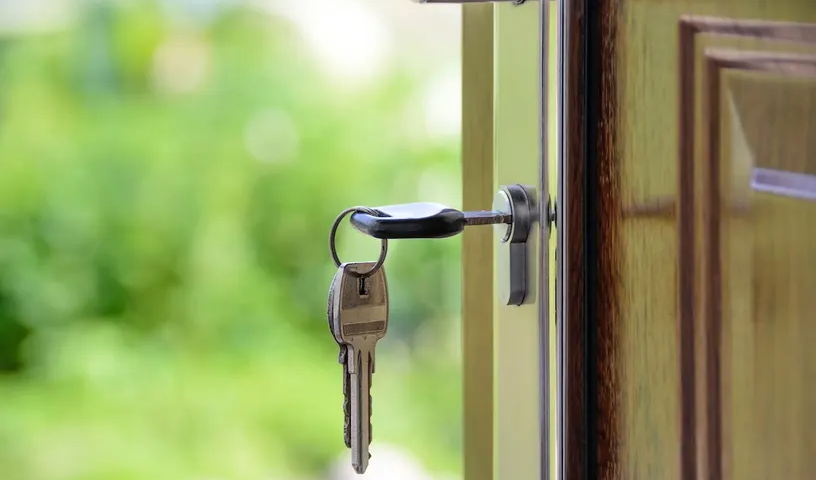Landlords face the longest wait for possession in over two years, according to figures published by the Ministry of Justice.
The average wait for a landlord in the second quarter of this year was 33.8 weeks – almost eight months, up from 32.5 weeks in the first quarter, marking the longest average wait since early 2022, when it peaked at 37.8 weeks.
The Labour government claim the courts are ready to handle the Renters’ Rights Bill, but the National Residential Landlords Association warns of an “inevitable avalanche” of possession claims when the bill comes into force.
Disaster waiting to happen
The landlord possession statistics cover the average time between a landlord submitting a claim to the courts and taking possession of their property.
The NRLA points out that Ministry of Justice data shows demand on the courts has fallen in the same period, with the total number of claims from both private and social sector landlords down by 9%.
The NRLA is concerned, even with lower demand, landlords are still waiting more than eight months for repossession.
NRLA chief executive Ben Beadle said on its website: “This is a disaster waiting to happen.
“If landlords are already facing an almost eight-month wait to legally take possession of their homes at a time when the number of claims is falling, then what can we expect when the inevitable avalanche of claims drops post-Renters’ Rights Bill?
“Ministers have repeatedly claimed that the courts will be “ready” to manage the impact of the Bill, yet all the evidence suggests they are not.
“This isn’t about an increase in landlords wanting to evict tenants, it’s about landlords with legitimate reasons to take back their rental homes being able to do so in a timely manner.”
Landlord confidence will continue to erode
He adds: “This could include anything from serious rent arrears to tackling anti-social behaviour that blights the lives of neighbours and fellow tenants alike.
“The government must commit to a fully funded, detailed and deliverable plan to ensure the courts are fit for purpose ahead of time.
“Without this, landlord confidence will continue to erode, undermining investment in supplying the rental homes that tenants so desperately need.”
Landlords choose Section 21 as it’s quicker
Under the current Section 21 route, landlords can repossess a property without the need for a court hearing.
According to the NRLA, many landlords who would otherwise have grounds to act under Section 8, such as cases of rent arrears or anti-social behaviour, often choose Section 21 because it is quicker. The bill, however, will abolish Section 21 altogether.
Once the change takes effect, landlords will only be able to seek possession by demonstrating specific grounds, which tenants will have the right to contest.
This will mean every case must go through a court hearing before possession can be granted.
Contact one of our highly experienced mortgage advisors today on 0121 500 6316 to discuss your mortgage needs.



